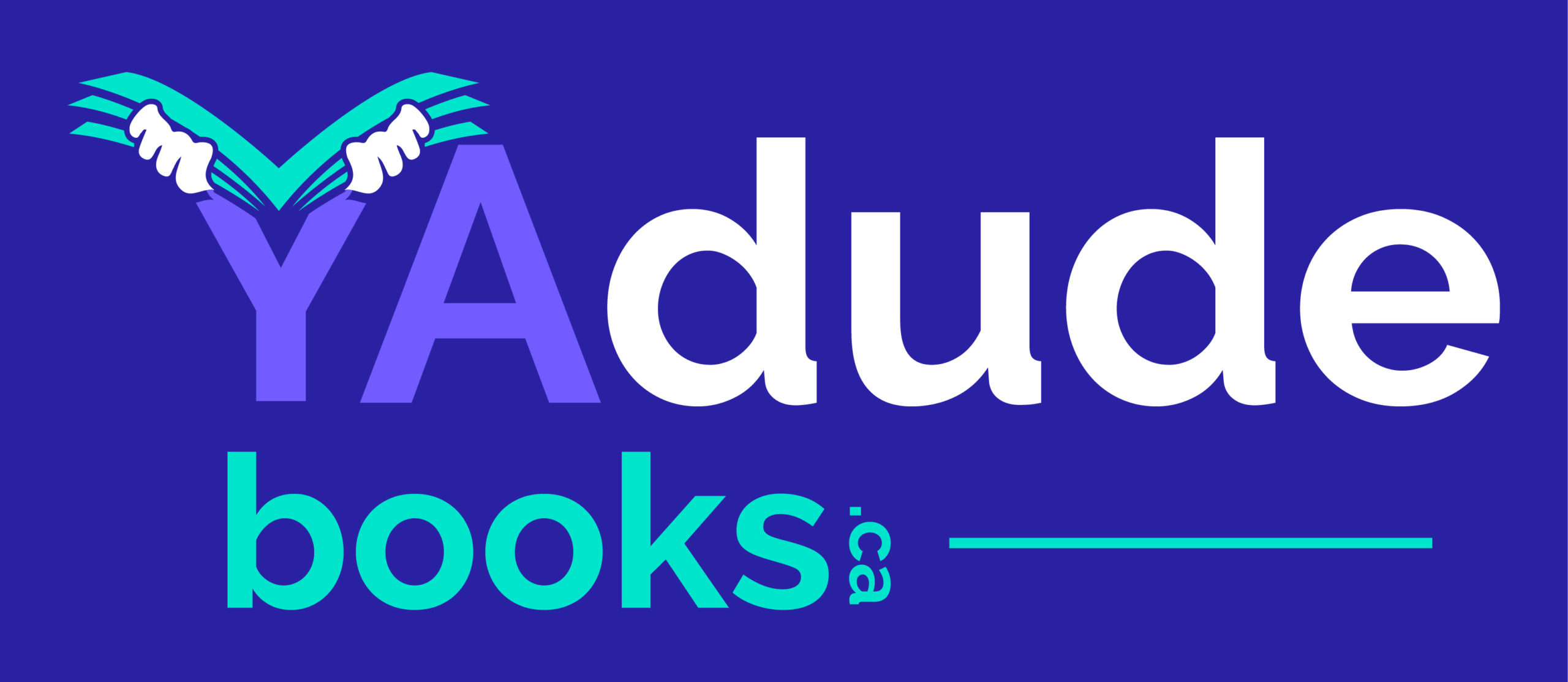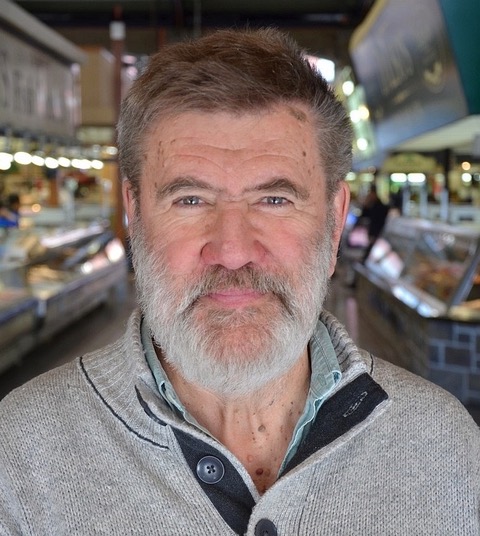Photo by Mark Raynes Roberts
Tim Wynne-Jones is the author of 17 children’s picture books, 16 juvenile and young-adult fiction works, three adult novels and many radio plays and songs. Inducted into the Order of Canada in 2012, he has been short-listed for the Governor General’s award six times and won it twice, as well as clinching the Vicky Metcalf Award for a body of work. Other awards are too numerous to name, but his books have been published in languages all over the world.
The fourth of six children, Tim was born in England but grew up in Canada from age four onwards, in northern B.C. (where he gained a love of the wild), Vancouver and Ottawa, before heading off to university.
His earliest influences were Enid Blyton’s adventure series and the Hardy Boys. Then he discovered the James Bond books! He joined a rock band after failing out of architecture school, and began writing lyrics, despite having flunked English in high school. His songs got longer and longer and eventually he found he was writing chapters instead of verses.
Tim has a Masters in Visual Arts and is married to Amanda Lewis, founder of the Ottawa Children’s Theatre and a young adult and middle grade author, as well. They have three grown children. He published his first novel at the age of thirty-two; his most recent book, a collection of short stories, is War at the Snow White Motel and Other Stories, 2020. He loves to cook, do crosswords and watch NFL football. He lives in Perth, Ontario and can be found at timwynne-jones.com or @tim_wj.
Q: Your picture-book period preceded your ongoing young-adult novels era. Did your children’s ages influence that, or have you found more enjoyment in middle grade (MG) and young adult (YA)?
A: The latter, undoubtedly, to some degree, but I’ve always loved picture books and my first, Zoom at Sea, was written before our children were born. While I had written adult novels before I wrote picture books, it took me a long time to get around to writing for older kids and young adults. My short story collection, Some of the Kinder Planets, helped me break into that world. I’ve never enjoyed writing a book so much as that one. I laughed out loud, shed a tear or two. It was my best writing to date and made me so happy to have the chance to do this for a living. Two years later, I wrote The Maestro, and decided that this was all I wanted to do: write for MG and YA kids. I felt so at home exploring those crazy, difficult years.
Q: Many of your juvenile and YA novels feature bullies, which you’ve said you experienced plenty of as a child due to how frequently your family moved (new kids are targets). How might reading a book with this theme impact a young person who’s a bully or being bullied — and have readers ever brought up the topic?
A: One of the most profound experiences I’ve had, as a writer, was a letter from a kid who was being physically abused by his father. What was so moving was that, having read The Maestro, this young man was worried about the protagonist, Burl Crow, since his abuse seemed to him to be worse. The fact that Burl Crow was fictional, didn’t stop this young letter writer from empathizing with Burl’s situation. That’s amazing. I wasn’t sure how to proceed with contacting him, not wanting to cause any trouble for him on the home front. So, I figured out from his address, what school he went to and contacted them. They passed on my letter, but also let me know that they were aware of his problems at home. There’s a happy ending. A couple of years later, when I was on a tour on Vancouver Island, I got to meet this kid. His abusive father was out of the picture and his mom had remarried a nice guy. Hooray!
Q: Besides bullying, what are some of the common themes or character types that line your books and why?
A: Deep dark secrets and festering lies! I’m fascinated by the things that parents hide from their kids and the things kids hide from their parents and the mess all these secrets can cause. I guess I’d also have to say that every book I write is a mystery, in one way or another: There is always something to be discovered, something to be got over, something the protagonist has to work at to get their world in shape and worth living.
Q: Most of your books seem to have male protagonists.
A: I guess it’s easier to imagine myself into a male character’s role. That said, three of my YA novels feature a girl and boy working together to solve whatever needs solving. The Uninvited is told from three points of view, a girl and two guys. I like this idea the most: males and females who can form a strong alliance, built on trust. I don’t remember having girl friends in grade school who weren’t “girlfriends,” if you know what I mean. I was really glad to see my two sons develop great and lasting friendships with girls. Somehow, that just didn’t seem to happen in the Dark Ages when I was a teen.
Q: How does your love of poetry and song-writing influence your fiction (beyond Mischief City, the musical based on your book of that name, for which you wrote the lyrics).
A: It’s interesting you should ask. There is a strong influence. I’m a versifier, not really a poet, but I believe poetry is as important to writers as math is to scientists: indispensable. So, I read poetry. I don’t worry about trying to understand it; I read it for the words, the line, the shape of it, the emotions it stirs up. Writers of novels need to have a good sense of rhythm — when to slow things down, when to speed things up — and a lot of that is created by word choice and sentence length and a keen sense of grammatical possibility. On a whole other level, several songs I’ve written have gone on to become stories, as if the idea found form as a song but there was just so much else there I wanted to explore that I took the same material and pushed it harder and further.
Q: Are you slowing down, speeding up or trying new directions? What’s on the burner at the moment?
A: I’m not sure I’m slowing down but I do seem to be taking a break. In my career, there have been three periods where I was worried that it was over – I was all out of ideas. In every case that anxious time has been followed by a period of good productivity. You have to let the well fill up. In any case, I have an MG doing the publisher rounds, right now. But what I’m really excited about is a series of essays about my life as a writer that I’m calling Story-Structured Worlds. It’s taking a long time to write, but then it took a long time to live!

